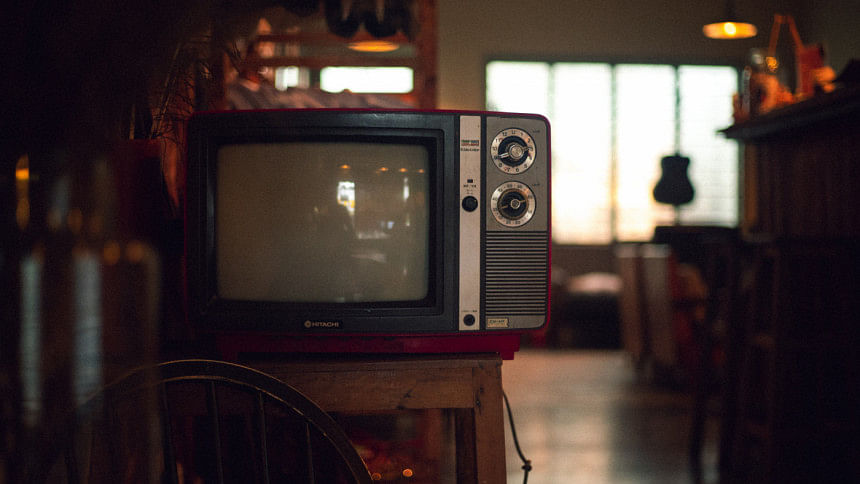The ultimate guide to buying second hand TVs

Would you believe it if you were told that buying a new TV is way easier than buying an old TV? Nevertheless, since you have decided to buy an old model, this article will help you through the process by telling you what to look for when purchasing a used television set. With so many advances in technology, the average consumer is spoiled for choice since he has so many options at his disposal. The television set has evolved a lot over the years, from cathode ray to plasma, LCD, and LED. Watching TV isn't just something you do; it's an experience in and of itself that should be enjoyed. Finding the best deal is not an easy task and requires much thought.
No matter why you're buying a used TV, there are a few things that you should keep in mind. All of these things are covered by your TV warranty when you buy a new model, but you will have to be extra cautious if you buy a used model. To make your task easier, ask the following questions to clear all your doubts before buying a used TV.
Why is the seller selling it?
First of all, why is the TV in a secondhand store? Has the owner put it up for sale because it broke down? Was it because it was a flawed electronic piece? Did he sell it because the picture was not good enough? Did he just get bored with it and buy a new one? Before you consider other technicalities of buying a used TV, you have to answer these questions. A TV that is being sold because of a defect may reappear even after the defect has been repaired. It is best to stay away from such TV sets. Before purchasing the TV, make sure you know why it is being sold.
Are the screen size and picture clear?
It makes no sense to buy a television set larger than the wall you intend to mount it on. You should also consider if the audience in your intended viewing room is large enough to enjoy your TV fully, otherwise, low-volume TVs with small screens, comparatively smaller volumes, and less-defined viewing angles will not let you enjoy it fully. If you choose a TV, keep the size of your room in mind as well. Rooms with a small TV can have trouble accommodating a big screen. Remember to leave at least 6-10 feet between the TV and the spot where you intend to watch it. Test different sets after you have chosen the model, brand, and price of the TV. There should be no compromises made while getting a clear picture on the screen. When purchasing an LCD or LED TV, you should consider factors such as contrast, video motion, HD compatibility, resolution, colour, and video quality. There are some television sets with screens that develop a picture with spots all over. You should stay away from such televisions.
Does it sound right?
The audio is as important as the video. Gone are the days when silent movies were the thing. Watching a basketball game without the thunderous applause of the crowd or watching a movie without being able to hear the dialogue would be boring. Verify that the speakers are in good condition and that the audio quality is not too poor.
Are the ports and accessories functioning?
The modern TV can be connected to several external devices. The previous owner has likely used the various connection ports extensively, and they have worn out. It's important to be aware of loosely connected wires, as well, as they might cause disturbances in cable connections, affect the picture quality, etc. Many television sets with recent technology and hi-tech features have additional characteristics and devices. When buying a used TV, make sure it is compatible with external devices such as DVD players, video games, and external speakers. Incompatible television sets are completely worthless.
Does it meet all your requirements?
Are you planning on creating a home theatre? Where will it be placed? Or are you buying it for gaming purposes? After considering all these factors, narrow down your options and choose the television set that best meets your needs. The TV you need for your bedroom can make do with low sound levels, but the television you need for your home theatre should have a good sound system, with surround sound effects and all that jazz.
Is the price justified?
Several factors determine the price of a secondhand television set, including the time between its purchase and sale, whether it has special features, its brand and model, etc. A TV that has been used for a year and put up for sale will be more expensive than one that has been used for more than five years and put up for sale. Plasma TVs are cheaper than LED TVs, and so on. Consider your preferences and check if the value for money is respected, based on the choices you have made.

 For all latest news, follow The Daily Star's Google News channel.
For all latest news, follow The Daily Star's Google News channel. 



Comments